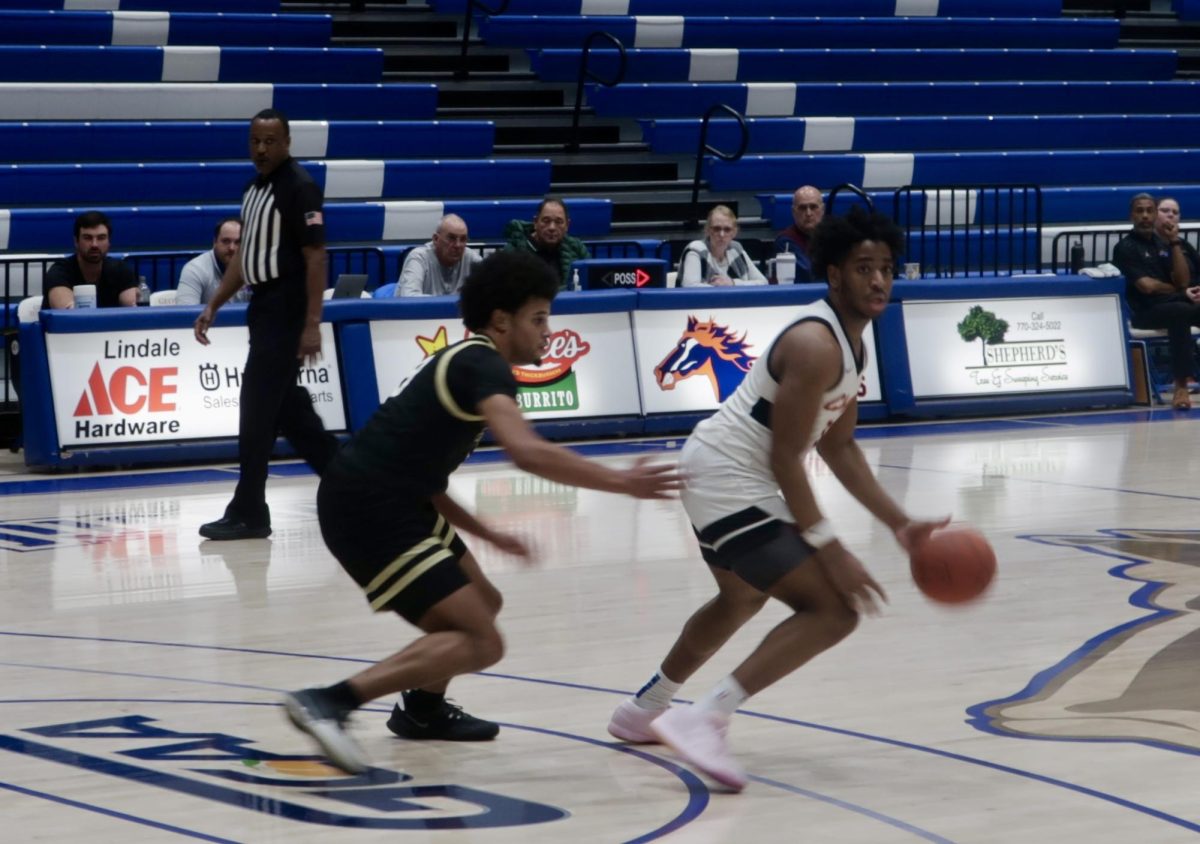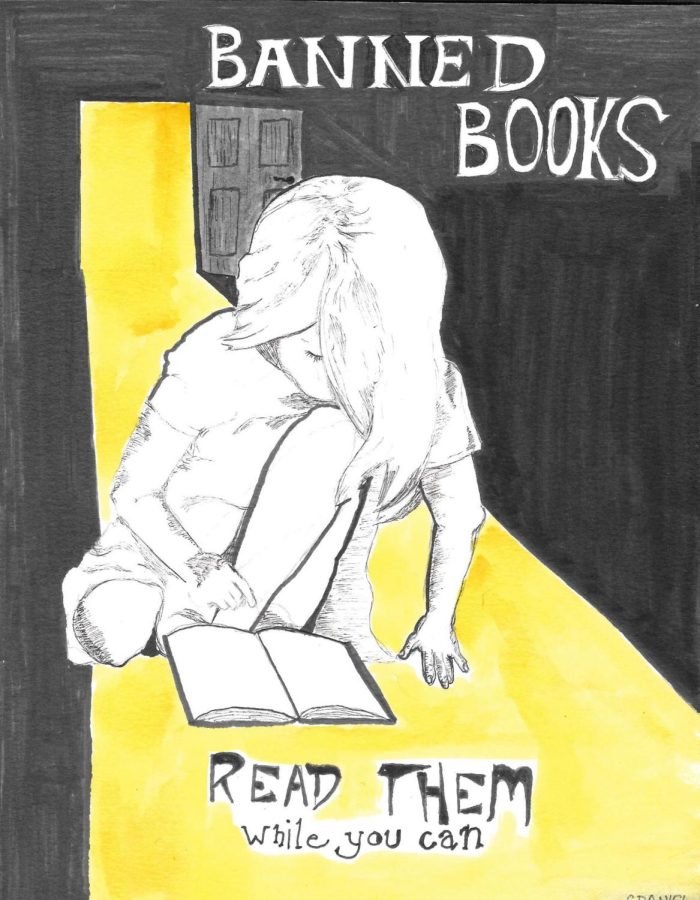Banned books: read them while you can
March 21, 2022
Books have found themselves on the proverbial wrong side of the law for various reasons. Some for their depictions of graphic sexuality or drug use, some for offensive language and some for being too forceful challenging the status quo.
Staunch defenders of the First Amendment say these books have a right to exist, but their opponents consider them dangerous and say that we would be better off without them.
This side of the debate states that we must protect our children from divisive or dangerous reading material. It is part of a movement by a large portion of parents who feel that they should have more of a say in the direction of their children’s education.
On the face of it, that seems reasonable. Most people can agree that warnings on books that contain material that could trigger traumatic emotional responses such as descriptions of sexual violence, child abuse or suicide, could be beneficial. However, more than half of those books challenged contain diverse content, containing common themes such as racism and LGTBQ+ elements.
That is a statistic that I find disturbing. It causes me to question the true motive behind this movement to ban certain books. To me, it appears more like an attempt to restrict students’ exposure to viewpoints contrary to the parents’ own rather than protecting the students from harm.
Books such as “Maus” by Art Spiegelman, “The Bluest Eye” by Toni Morrison and “The Handmaids’ Tale” by Margret Atwood have a place in the libraries of any society that truly desires to be inclusive and equal.
Mackleen Desravines, Associate Professor of English at GHC, stated, “Banning books is essentially shadowing entire communities by stripping them of their voice, the powerful voice of literature.”
Therefore, it is important to maintain a teaching curriculum that enhances a student’s understanding and experience of other cultures, beliefs and lives through books.
We have learned to live with some forms of censorship. We have accepted movie ratings as a normal practice and we barely notice the explicit lyrics warning on the music we listen to. We are now being asked to accept, once again, the absence of books deemed by a select few as offensive, dangerous or even un-American from our schools.
Is this acceptable in a free and democratic society? In order to answer that, we must ask ourselves another question: where does it end?
The concern we should have when censorship is mentioned is that there may never be an end to it once it has begun. It may start with a few books in libraries, but with complacency on our part, that list could grow. From libraries to the classroom is a small step. Once in the classroom, censorship has great potential to damage our social fabric.
That is what is so concerning about this issue to educators. Frank Minor, Professor of English at GHC, said: ”Banning books is troubling because it suggests changes in the way books are taught, especially at grade school levels where stricter guidelines exist.”
Academic freedom is essential to get the most out of the educational experience.
Adults practice a form of self-censorship. Since a large percentage of adults do not make a consistent habit of reading books after college, it is crucial that students are exposed to the educational opportunities within books. Removing any book from this experience can leave a gap in the education process that will remain into adulthood and perhaps, a lifetime.
The novelist Issac Asimov said, “Banned books are the books most worth reading.” The truth of this statement lies in the fact that these books hold such huge potential to teach us about our fellow humans.
The concept of sociological imagination teaches us that we can only understand ourselves by understanding the history and experience of the society we live in. Literature is a major component of this and the stories we encounter there are an important portion of who we are and who we are to become.
The movement to remove books from shelves at school libraries is gaining momentum. The list grows consistently. How far reaching it will become is anyone’s guess. Perhaps one day it will also affect booksellers and publishers. That is a dire prediction, but not completely out of the question. Therefore, it is important to know these books and read them while you can.







































































Mack Des • Mar 24, 2022 at 9:06 am
This was a great insightful article. The idea of banning books is a reflection of fear not growth.